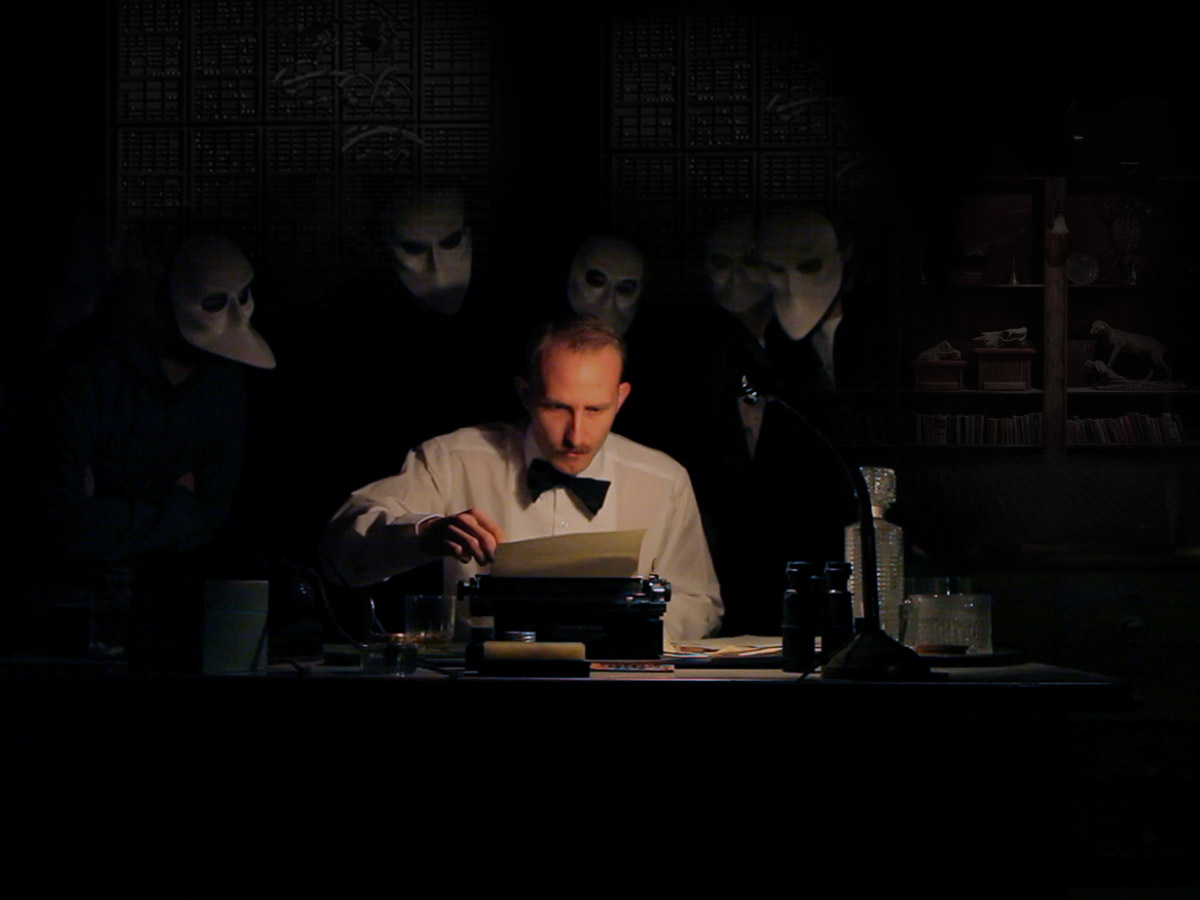From Smart to Romantic Marketing
Marketing can help create and lead a romantic counter-culture that posits intuition and creativity, as well as genuine human-to-human connections, against the regime of the machine.

Tim Leberecht believes in the power of romance. The CMO of global design and architecture firm NBBJ even wrote a business book extolling the power that romantic marketing holds in making connections with today’s consumers. The book, “The Business Romantic: Give Everything, Quantify Nothing, and Create Something Greater Than Yourself,” shows how small, everyday actions can help build a more humane economy and offers a glimpse into why brands that create such moments in their customers’ experiences are winning. Here are his insights to why injecting greater meaning into your marketing matters.
Does today’s marketing and branding rely too much on technology?
Technology often drives art and intuition out of marketing. Increasingly, we hear that marketing organizations are hiring “chief marketing technologists” or data scientists. Marketing is becoming a data play. This brings with it a fear that personal data, surveillance tools and, now, neuroscience will allow marketers to anticipate our every need and automatically fulfill it before we’re even aware of them ourselves. Our hyper-connected times expect us to be consistent, transparent and predictable as employees and consumers. Automation, Big Data and smart algorithms tell us what we should like and share.
What’s missing in today’s marketing strategies?
Marketing is intrinsically about creating empathy and behavior change. It is uniquely positioned to establish a different concept of “a good life” and bring back the romance. Bu marketing is, too often, stuck in the paradigm of the smart age, in the thinking that smart equals good. Smart means accumulating as much knowledge as possible about customers, analyzing every corner of our “quantified selves,” and delivering hyper-targeted messages and interactions to optimize our behaviors. That data-driven, algorithmic model of marketing has its merits. But it’s not enough. We need both data and delight. In fact, we must use data for delight, to honor our “un-quantified self.”
Give us some examples of “romantic” marketing.
It’s all the experiences that defy rational logic, quantification and automation. The little distortions of reality, the cracks of imperfection, the exuberant
passions that vie for nothing but passion itself, the moments we lose control. In other words, the moments we begin to love. Brands that create such moments in their customer experience realize that romance is the ultimate differentiator in a world of optimizers and maximizers. When every company is doubling down on either purpose or precision, romance can be “third place.” Romantic brands will create a genuine bond with their customers, which will help them defy competitive pressures in the long run. Without romance – a deeply emotional devotion to an organization, brand or purpose – customer loyalty remains fickle.
How do we put passion and creativity back into our messages?
Be an amateur again. Make your customers view the world with fresh eyes. Surprise them and violate their expectations. Do things as if you did them for the first time. A growing number of brands are turning into activists who put their organizations’ values into action. The Stratos Jump by Red Bull or Dove’s Real Beauty campaign, which address real issues with real people. All these efforts took a risk by turning brands into actions, rather than statements. The message can flip-flop, the conversations can vary, as long as the aura and the personality of the brand come through. Use the excuse of marketing to do exciting things, and exciting
things will happen. Create some beauty in the world, and they will come.
Why is it so important to create a “human economy?”
Few cultures have a greater impact on us than business: as employees, consumers and even citizens. We live in a market(ing) society, whether we like it or not. What we buy and what we do for a living reflects – and even determines– who we are. Our career paths offer up many of our most salient opportunities for self-realization, and most of us spend the majority of our lives at work. In all these ways, business binds us in its various chains of meaning. If we seek meaning, work is our arena. It’s “where we make or break ourselves,” as the poet David Whyte once wrote. Marketing can help create and lead a romantic counter-culture that posits intuition and creativity, as well as genuine human-to-human connections, against the regime of the machine.
This interview appeared in the January-February 2015 issue of Connect Magazine.
Photo credit: sleepnomorenyc.com